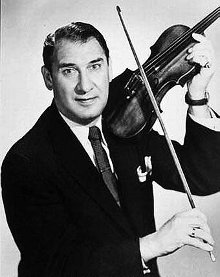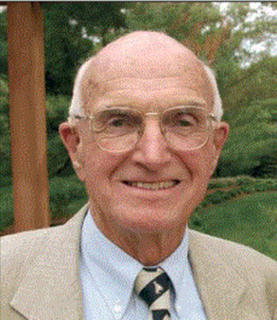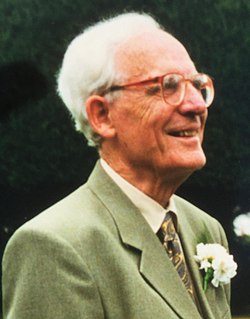A Quote by Richard Dawkins
The Bishop goes on to the human eye, asking rhetorically, and with the implication that there is no answer, 'How could an organ so complex evolve?' This is not an argument, it is simply an affirmation of incredulity.
Related Quotes
The best things in life can never be kept;
They must be given away.
A Smile, a Kiss, and Love
If you are asking if I'd hurt you, the answer is never.
If you are asking if i love u,the answer is forever.
If you are asking if i want u,the answer is i do.
If you are asking what i value most, the answer is YOU
Grow old along with me, the best is yet to be.
It is probably no exaggeration to suppose that in order to improve such an organ as the eye at all, it must be improved in ten different ways at once. And the improbability of any complex organ being produced and brought to perfection in any such way is an improbability of the same kind and degree as that of producing a poem or a mathematical demonstration by throwing letters at random on a table.
In the upshot there is only one answer for the preacher who wonders whether he is worthy to preach the sermon he has composed or for the writer who wonders whether he is worthy to write the religious book he is working on. The answer is: Of course not. To ask yourself: Am I worthy to perform this Christian task? is really the peak of pride and presumption. For the very question carries the implication that we spend most of our time doing things we are worthy to do. We simply do not have that kind of worth.

































